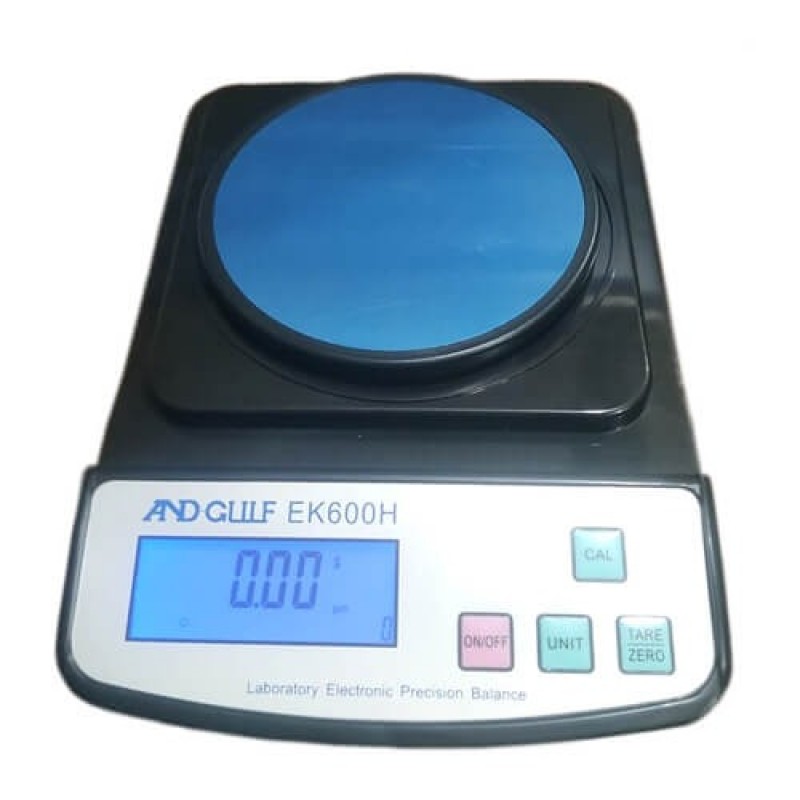A scale or balance is a device to measure weight or mass. These are also known as mass scales, weight scales, mass balances, and weight balances.
The traditional scale consists of two plates or bowls suspended at equal distances from a fulcrum. One plate holds an object of unknown mass (or weight), while known masses are added to the other plate until static equilibrium is achieved and the plates level off, which happens when the masses on the two plates are equal. The perfect scale rests at neutral. A spring scale will make use of a spring of known stiffness to determine mass (or weight). Suspending a certain mass will extend the spring by a certain amount depending on the spring's stiffness (or spring constant). The heavier the object, the more the spring stretches, as described in Hooke's law. Other types of scales making use of different physical principles also exist.
Some scales can be calibrated to read in units of force (weight) such as newtons instead of units of mass such as kilograms. Scales and balances are widely used in commerce, as many products are sold and packaged by mass.
The balance scale is such a simple device that its usage likely far predates the evidence. What has allowed archaeologists to link artifacts to weighing scales are the stones for determining absolute mass. The balance scale itself was probably used to determine relative mass long before absolute mass
The oldest evidence for the existence of weighing scales dates to c. 2400–1800 BC in the Indus River valley. Uniform, polished stone cubes discovered in early settlements were probably used as mass-setting stones in balance scales. Although the cubes bear no markings, their masses are multiples of a common denominator. The cubes are made of many different kinds of stones with varying densities. Clearly their mass, not their size or other characteristics, was a factor in sculpting these cubes.
In Egypt, scales can be traced to around 1878 BC, but their usage probably extends much earlier. Carved stones bearing marks denoting mass and the Egyptian hieroglyphic symbol for gold have been discovered, which suggests that Egyptian merchants had been using an established system of mass measurement to catalog gold shipments or gold mine yields. Although no actual scales from this era have survived, many sets of weighing stones as well as murals depicting the use of balance scales suggest widespread usage. In China, the earliest weighing balance excavated was from a tomb of the State of Chu of the Chinese Warring States Period dating back to the 3rd to 4th century BC in Mount Zuojiagong near Changsha, Hunan. The balance was made of wood and used bronze masses.
Variations on the balance scale, including devices like the cheap and inaccurate bismar (unequal-armed scales), began to see common usage by c. 400 B.C. by many small merchants and their customers. A plethora of scale varieties each boasting advantages and improvements over one another appear throughout recorded history, with such great inventors as Leonardo da Vinci lending a personal hand in their development.
Even with all the advances in weighing scale design and development, all scales until the seventeenth century AD were variations on the balance scale. The standardization of the weights used – and ensuring traders used the correct weights – was a considerable preoccupation of governments throughout this time.

Login To Comment